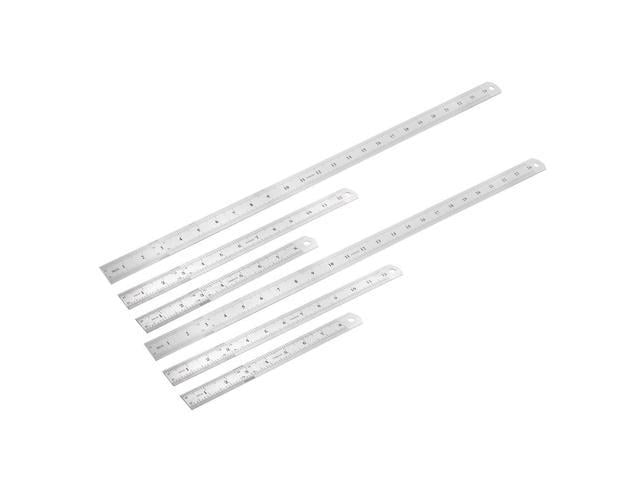Cone Shape and Color Vision: Unification of Structure and Perception finally provides the answer to a question that should have been asked long before; why are the color receptors of the eye cone shaped? The book explores an alternative basis for understanding human color vision based on the very simple principle that the physical structure of the cone color receptors spatially separates light by wavelength, each cone acting as a miniature spectrometer. The concept is shown to lead to a straightforward explanation of many different aspects of human color perception such as its hue discrimination and saturation properties, the perceptual similarity of violet and purple, the change in hue with direction of incidence of light on the retina, the phenomenon of subjective colors, and a way of understanding the common forms of color blindness. Original research is included directly demonstrating this color separation effect in optical fibers in precisely the manner expected for the retinal cones. Experimental results are also presented on the direct separation of rod and cone perception. This separated perception is used to directly measure the relative latency of color perception as a function of wavelength. The book describes how this chromatic latency, in conjunction with saccadic eye movements, converts the cone spectrometer effect into a color code for perception. Taken together, the model presented, along with these experimental results, can form the basis of a new and comprehensive understanding of human color vision - one that is not contradicted by the available evidence and provides a more logical and connected way of understanding human color perception.















